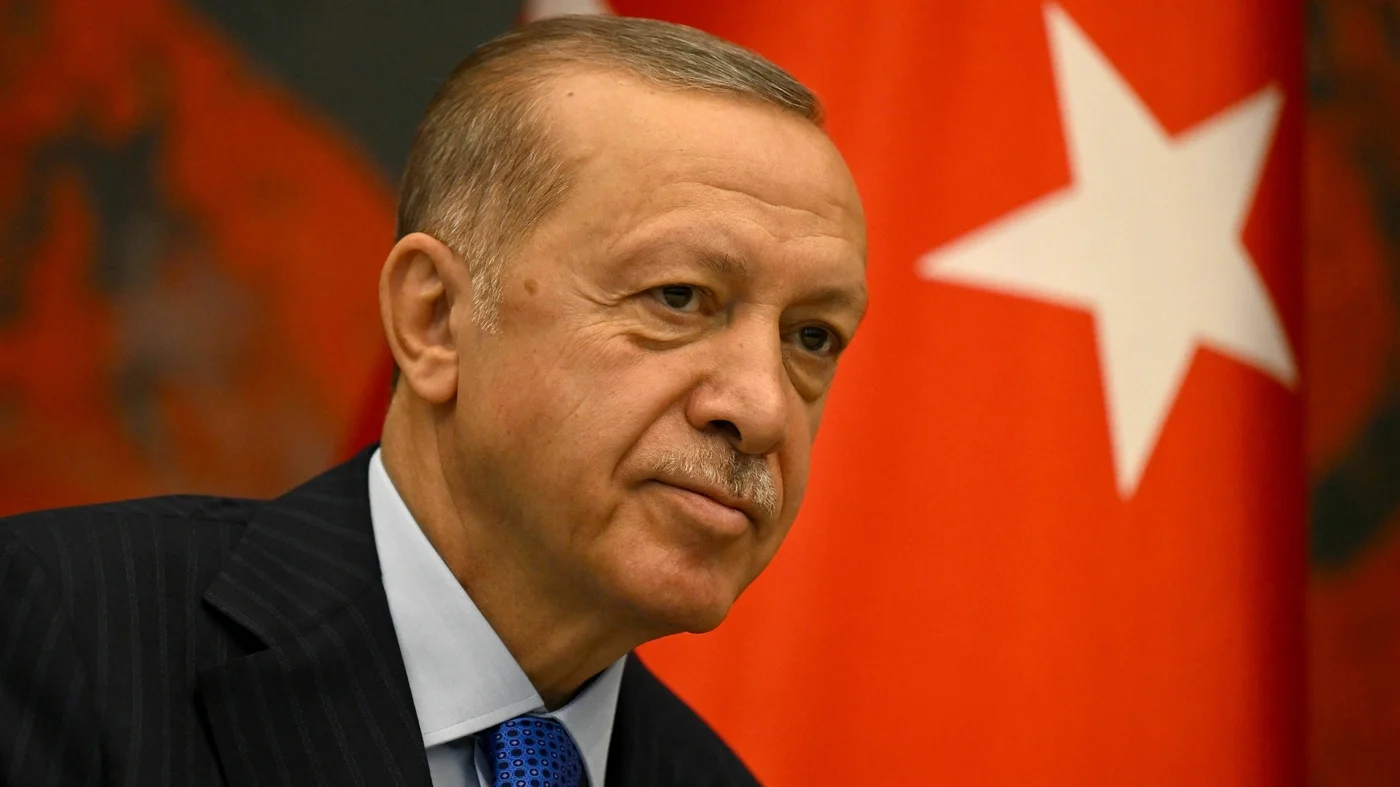Recep Tayyip Erdogan, the long-serving president of Turkey, has emerged as a formidable political figure, leaving an indelible mark on the nation’s political landscape. Throughout his two-decade tenure, Erdogan has wielded significant influence, reshaping Turkey and steering it toward his vision of a modern Islamic state. From his humble beginnings to his consolidation of power, Erdogan’s political journey is a tale of ambition, resilience, and controversy.
From Humble Beginnings to Political Power
Erdogan was born in February 1954 on Turkey’s Black Sea coast and grew up in a modest family. His early years were marked by hard work and determination, as he sold lemonade and sesame buns to earn extra income. After completing his education at Istanbul’s Marmara University, Erdogan delved into politics, joining Necmettin Erbakan’s pro-Islamic Welfare Party in the 1970s.
Rise to Prominence
Mayor of Istanbul and the Founding of AKP: Erdogan’s rise to prominence began when he was elected as the mayor of Istanbul in 1994. During his four-year term, he implemented various municipal reforms and demonstrated his ability to govern effectively. However, his tenure was cut short when he was convicted of inciting racial hatred for publicly reciting a nationalist poem. Undeterred, Erdogan returned to politics after serving four months in jail, founding the Justice and Development Party (AKP) in 2001.
Prime Minister and Economic Transformation
In 2002, the AKP won a majority in parliamentary elections, and Erdogan was appointed prime minister the following year. His initial decade in power was characterized by economic growth, infrastructure development, and reforms that lifted millions of people out of poverty. Erdogan’s government implemented policies that modernized Turkey and bolstered its standing on the global stage.
Controversies and Challenges
Erdogan’s tenure has faced significant challenges and controversies. In 2013, widespread protests erupted across Turkey, triggered by plans to transform Istanbul’s Gezi Park. The protests, which expanded into a larger movement against Erdogan’s perceived authoritarianism, were met with a heavy-handed response. Critics accused Erdogan of undermining democratic principles and stifling dissent. The failed coup attempt in 2016 further tested Erdogan’s leadership.
Islamist Identity and Foreign Policy
Erdogan has championed Islamist causes and positioned himself as a defender of traditional Muslim values. He has been an outspoken critic of Western influence and has pursued a more assertive foreign policy, seeking to assert Turkey’s regional power and influence. Erdogan has been a key player in conflicts such as the war in Syria and has cultivated closer ties with countries like Russia.
Legacy and Debate
As Erdogan continues to reshape Turkey’s political landscape, his legacy remains a subject of intense debate. Some see him as a visionary leader who modernized Turkey and restored its regional influence, while others view him as an autocrat who has undermined democratic institutions. As the country faces ongoing challenges, the impact of Erdogan’s presidency will continue to shape Turkey’s trajectory for years to come.
Recep Tayyip Erdogan has emerged as a political giant in Turkey, reshaping the nation’s political landscape and leaving an enduring legacy. From his humble beginnings to his consolidation of power, Erdogan’s journey has been marked by ambition, resilience, and controversy. While his economic reforms and assertive foreign policy have earned him popularity among certain segments of the population, his presidency has also faced criticism for alleged authoritarian tendencies, media suppression, and human rights abuses. As Erdogan continues to navigate the challenges of a rapidly changing world, the impact of his political giant status will continue to shape the trajectory of Turkey.




